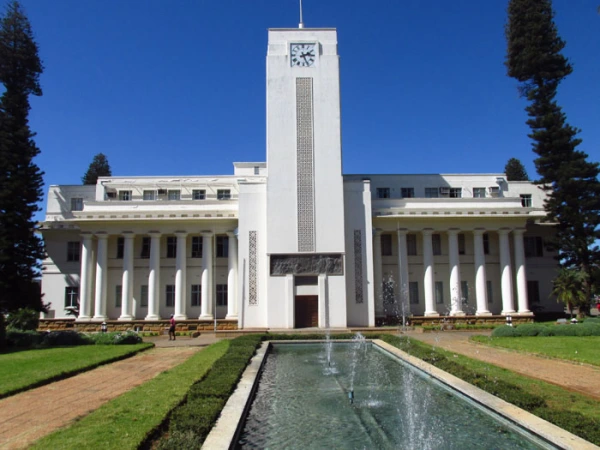Some citizens are advocating for mayors and councillors to receive regular salaries instead of allowances, arguing that proper remuneration would better reflect their role in serving communities.
The Ministry of Local Government and Public Works, under Section 54 of the First Schedule of the Rural District Councils Act (Chapter 29:13) and Section 11 of the Urban Councils Act (Chapter 29:15), recently introduced new allowances and benefits for councillors, which took effect immediately.
Under the new scheme, mayors and council chairpersons receive US$90 per month, deputy mayors and vice chairpersons receive US$82.50, committee chairpersons receive US$78, and councillors earn US$75 per month. In addition to these allowances, councillors are entitled to travel and subsistence allowances for trips outside their council areas.
To help councillors maintain a dignified standard of living, the Minister has also allowed those without residences in their wards to be allocated a single residential stand within their ward during their lifetime. However, there will be no exit packages at the end of their terms.
Speaking on This Morning on Asakhe, an X-Spaces programme hosted by CITE, several citizens expressed their belief that councillors should receive salaries instead of allowances.
— CITE (@citezw) October 15, 2024
“This is an effort they are trying to make, but it’s flawed because of the model they’re using. These people should be paid a salary. The allowance system, where councillors are given a motorbike instead of a car or a single stand, is inadequate. If there is a place where corruption thrives, it’s the council. Anyone looking to make money through government knows that becoming a councillor is a way to access land,” said one participant, Padare.
He argued that while the intention may be to curb corruption, reducing councillors’ benefits is unlikely to solve the problem. “Corruption was happening even when councillors were getting three stands. Now, taking more from them won’t control it. We need a better approach.”
Another participant, Njabulo, called for a review of how different tiers of government operate.
“How they operate and relate to each other needs scrutiny. The Minister, who is in charge of the councillors’ laws, is part of the government. Sometimes I question the decision-making in Parliament—do they really consider the broader implications when deciding to give one person US$90 and another US$74? After making such decisions, they print the memo and send it out. How do they feel about these decisions?” he asked.
Njabulo echoed the call for councillors to receive salaries, adding, “Do we believe US$90 is enough for a councillor to cover data costs and fulfill their duties in Zimbabwe’s current economy? How can our leaders think this is sufficient?”
He continued, “We need to provide councillors with salaries, not these meagre allowances. How can we expect someone to live on US$90? We rely on these people during emergencies like funerals—this money is not enough for them to meet their responsibilities, which are not just from the government but from the community. I don’t think we have a genuine government right now, or that those in Parliament truly address the concerns of Zimbabwean citizens.”
Meanwhile, Tsepang Nare noted that councillors serve on a part-time basis, which justifies their receiving allowances rather than full salaries.
“Councillors work part-time, which is why full council meetings are held at 4:30 pm. If you run for the position of councillor, you should already have a job because, as citizens, we often don’t ask about their full-time jobs or how they will balance their responsibilities,” Nare explained.
He added, “The assumption is that they work full-time, which is why they get allowances. But the issue started when the Urban Councils Act was amended in 2007 after the harmonised elections. Before that, executive councillors received salaries plus allowances because they were more involved in day-to-day operations.”
“When this changed, resulting in the ceremonial councillors we have now, their role in daily operations diminished, even though some, like our mayor in Bulawayo, are highly dedicated. There is nothing that compels them to work full-time, as councillors are defined as part-time under current laws.”
Nare further argued that the idea that low salaries could fuel corruption is flawed. “Are we saying that at the central government level, where officials receive multiple cars and other perks, there is no corruption? Corruption often thrives through systems with loopholes, not necessarily through low pay.”
Another participant, Rue, suggested that similar reforms should be applied to Members of Parliament and Ministers.
“We don’t want a situation where only some of our leaders face cuts in their benefits. We need these changes across all levels of leadership in Zimbabwe. That’s the only way it will be fair,” she said.

